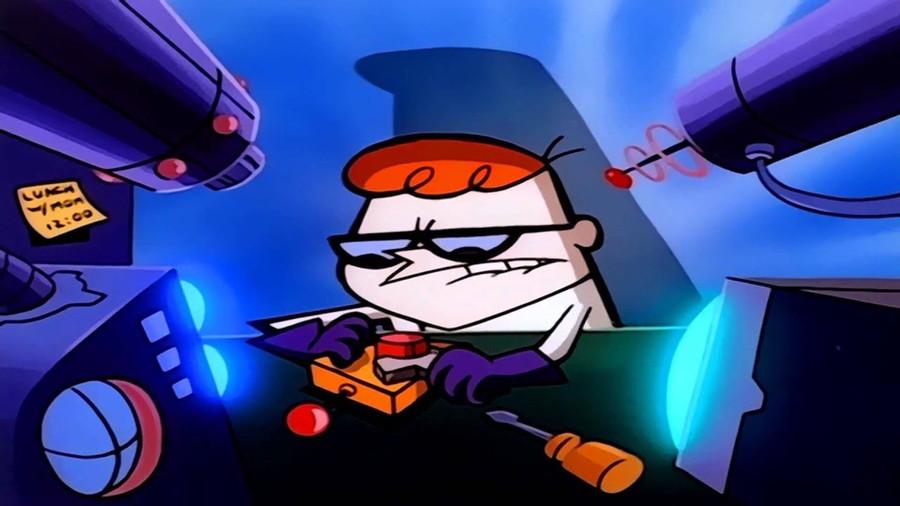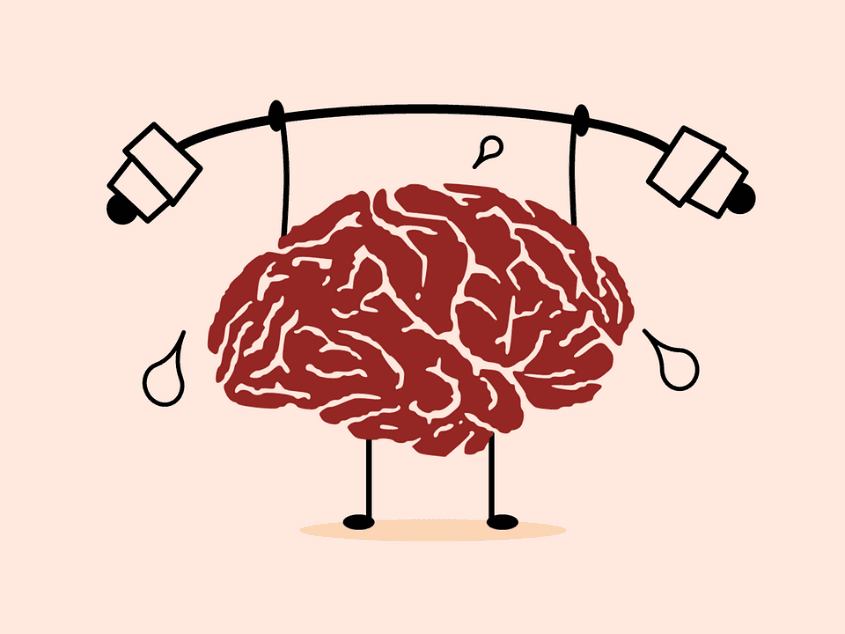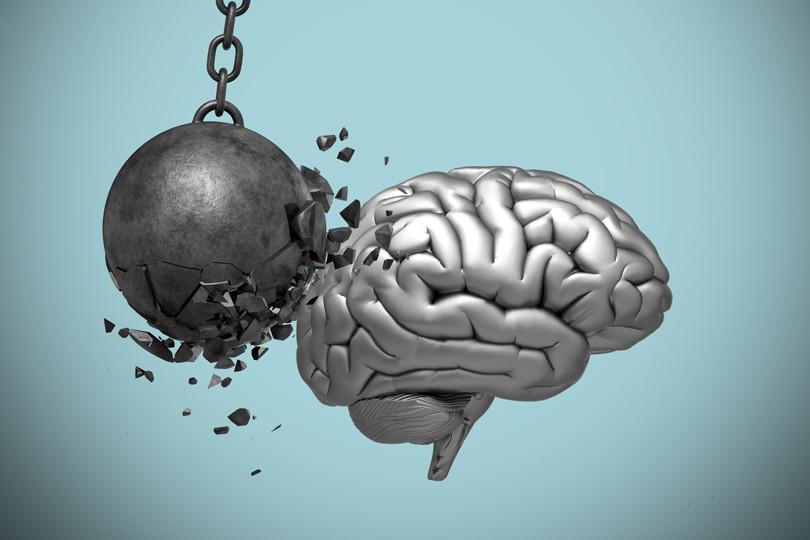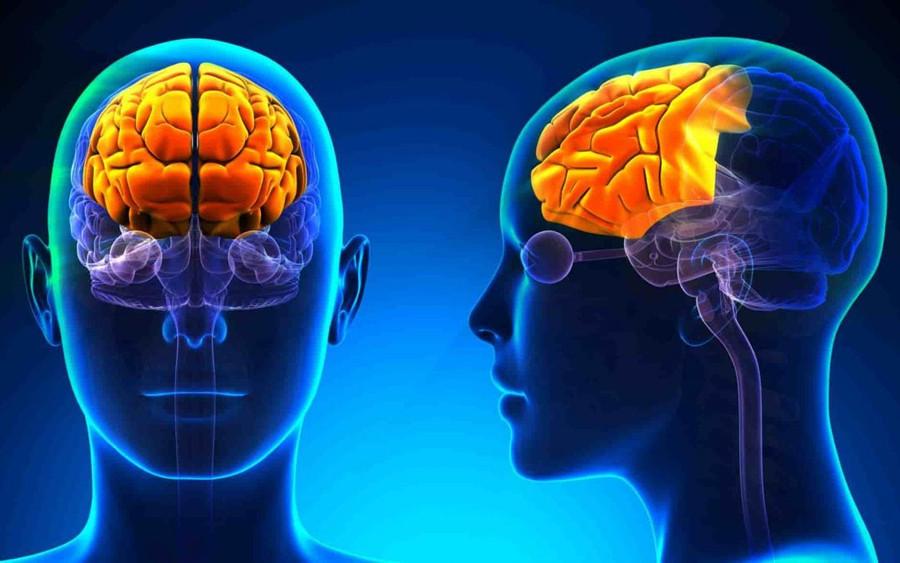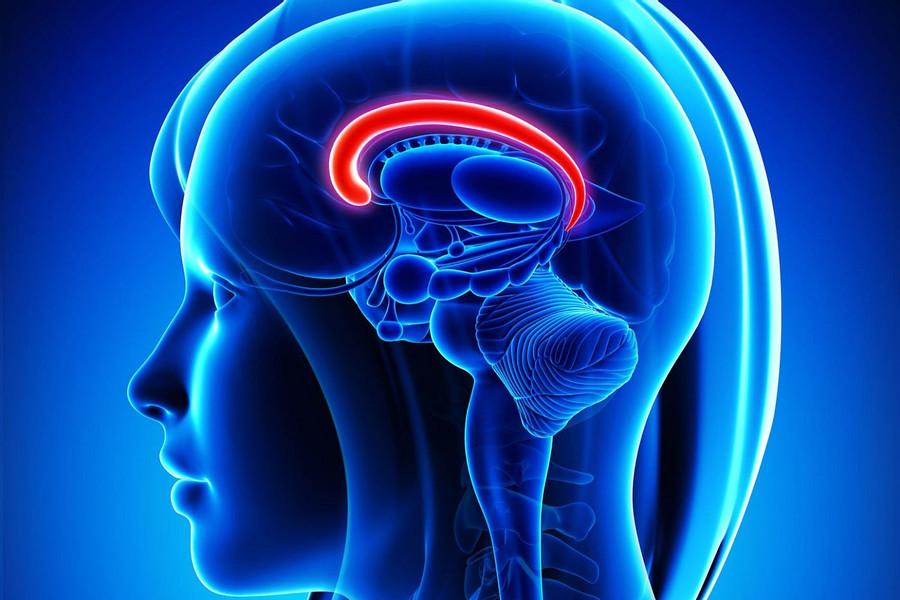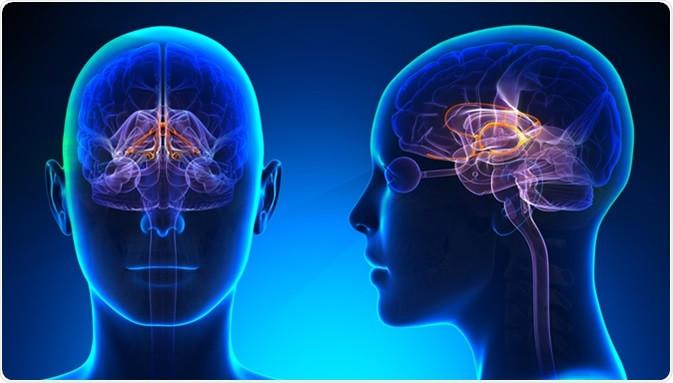Choking under pressure: WHY do humans tend to do it?
Curated from: kids.frontiersin.org
Ideas, facts & insights covering these topics:
12 ideas
·9.54K reads
50
Explore the World's Best Ideas
Join today and uncover 100+ curated journeys from 50+ topics. Unlock access to our mobile app with extensive features.
Under Pressure:
Why do some people perform worse under pressure, even when using a familiar skill to complete a task? This is called choking under pressure, and it happens to many people and in many different situations.
Understanding when and why people choke under pressure can help us perform at our best when it matters the most. In this article, we explain the scientific research on the parts of the brain that cause choking under pressure and how we can prevent this impaired performance from happening.
77
1.37K reads
The Meaning of the Choke:
What Does It Mean to “Choke” Under Pressure?
Imagine sitting in class taking a test. You studied really hard, but you suddenly forget an important piece of information that you need to solve a problem. You panic. Your heart races, you start to sweat, & you cannot seem to think clearly anymore.
This feeling of panic, often called choking under pressure, is a response of the nervous system to really stressful situations, and it can cause people to perform badly on a task.
73
1.05K reads
Not to be Confused with:
Difficulty breathing, “choking” under pressure happens when feelings of stress, worry, and anxiety work together to cause someone to perform worse than they normally would.
In the example above, the test can either give you a great reward (getting an A+) or a punishment (getting a bad grade). This kind of stressful, risky situation can play a big role in how much information a student can remember in the moment.
72
927 reads
The Science behind it:
While the idea of choking under pressure might seem pretty straightforward, the science behind it is complicated. For example, scientists think that choking under pressure involves memory—specifically, a type of memory called working memory.
Not only does choking involve working memory, but it also depends on how different parts of the brain communicate with each other.
72
916 reads
Its a Long Way to the Top:
The Role of Working Memory
Scientists who study memory have described different processes, or types, of memory. One type is called long-term memory, which lasts basically forever and can store an unlimited amount of information.
Long-term memory stores the information we are not currently using, kind of like a library full of books that hold the stories of our lives. Another type of memory, working memory does not last very long and cannot hold much information.
72
823 reads
Memoria de Trabajo:
Working memory is the one we use for completing tasks and getting information into and out of long-term memory. For example, we use working memory to do things like mental math or to piece a story together after listening to a sequence of events.
Working memory plays a big role in learning and doing well on tests in school. People differ in how much information they can hold in working memory, which is called a person’s individual working memory capacity.
75
735 reads
Stress!
Stressful situations can affect even the smartest students, by lowering the amount of space in their working memory. Remember that working memory already cannot hold much information.
When students are placed in high-pressure situations (like on a test day), worrying about the pressure they are under takes up space in working memory and leaves less space available to use to complete the task.
74
682 reads
What Parts are Involved?
Can we point to one part of the brain and say, “that is where choking under pressure happens?” For a long time, scientists thought that the prefrontal cortex , which is really important for a lot of cognitive functions like planning, reasoning, and decision-making, was responsible for holding information in working memory.
These scientists came to this conclusion because they noticed high levels of brain activity in the prefrontal cortex when humans used their working memories.
73
618 reads
Other Parts:
Another part of the brain, called the anterior cingulate cortex , is involved in controlling our emotions. Together with the anterior cingulate cortex, the amygdala also plays a role in how we perceive fear and anxiety.
The amygdala is a small, almond-shaped part of the brain that plays a role in how we respond when we are under pressure. This means that the prefrontal cortex alone is not responsible for choking under pressure.
74
581 reads
Rewarding Road:
There is a highway in the brain called the meso-limbic-cortical pathway.
A reward pathway in the brain that plays a role in processing reward information. That plays a role in how rewarding a situation feels to us. This part of the brain would be partly responsible for the pressure we feel to get an A+ on tests—because we want the reward of doing well in school and we see the risk in doing poorly on the test.
73
558 reads
I Don't Wanna Choke!
How Can We Avoid Choking Under Pressure?
Luckily, there are some steps we can take to prevent choking under pressure. Recent studies have shown that writing about your thoughts before taking a test is very helpful in preventing choking, probably because it frees up the working memory space that any negative or overwhelming thoughts were using, by getting those thoughts down on paper instead.
Also, practicing under pressure (like studying in a way that is similar to the actual test) gives you a chance to practice pausing and breathing during hard problems.
85
537 reads
IDEAS CURATED BY
Self Motivated, Trauma Neutralizer, Lover of Persiflage & Communication!
CURATOR'S NOTE
We've all been there. Time to find out why!
“
Similar ideas
Read & Learn
20x Faster
without
deepstash
with
deepstash
with
deepstash
Personalized microlearning
—
100+ Learning Journeys
—
Access to 200,000+ ideas
—
Access to the mobile app
—
Unlimited idea saving
—
—
Unlimited history
—
—
Unlimited listening to ideas
—
—
Downloading & offline access
—
—
Supercharge your mind with one idea per day
Enter your email and spend 1 minute every day to learn something new.
I agree to receive email updates




